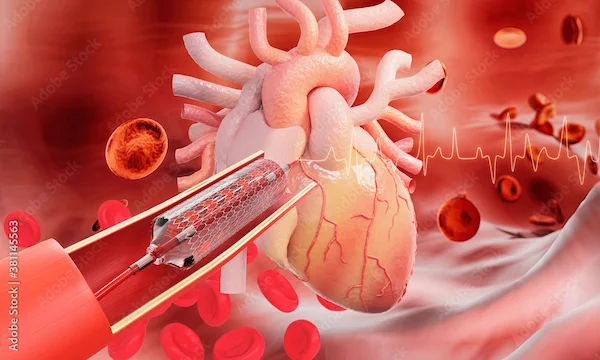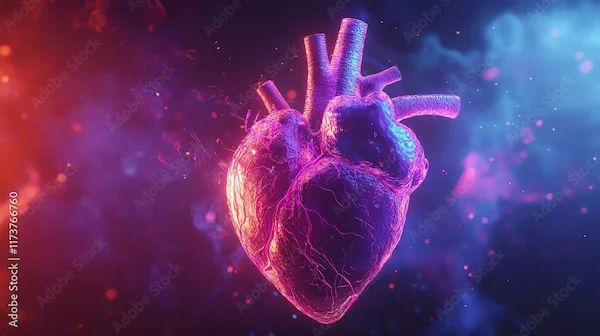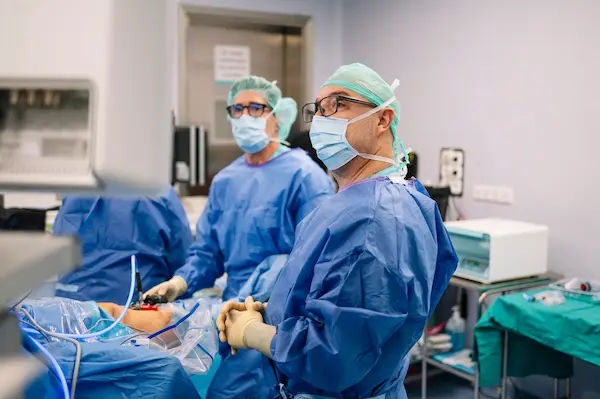Complication Of Angioplasty
Angioplasty is generally safe, but like any procedure, it carries risks. Learn about possible complications, how to spot them early, and ways to stay healthy after angioplasty.

Written by Dr. Dhankecha Mayank Dineshbhai
Reviewed by Dr. Rohinipriyanka Pondugula MBBS
Last updated on 13th Jan, 2026
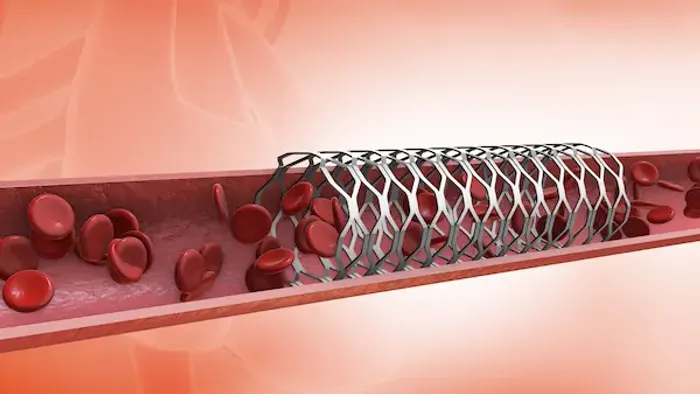
Introduction
Angioplasty is a common and life-saving procedure used to open blocked or narrowed arteries, usually in the heart (coronary arteries). While it is generally safe and effective, like any medical procedure, it can have some complications. If you or a loved one has undergone or is considering angioplasty, it’s important to be aware of possible complications, how to recognise them, and what steps to take to stay safe.
What is Angioplasty?
Angioplasty is a minimally invasive procedure where a thin tube (catheter) with a small balloon at its tip is inserted into a blocked artery. The balloon is inflated to widen the artery, and often a small mesh tube called a stent is placed to keep the artery open. This helps restore normal blood flow to the heart, reducing chest pain (angina) and preventing heart attacks.
Consult Top Specialists for Personalised Heart Health Advice
Possible Complications of Angioplasty
While complications are rare, it’s good to be informed. Here are some possible risks:
1. Bleeding or Bruising at the Insertion Site
The catheter is usually inserted through the groin or wrist, which may cause minor bleeding or bruising.
What to do: Keep the area clean and dry. If bleeding doesn’t stop or swelling increases, seek medical help.
2. Blood Clots
Sometimes, a blood clot can form inside the stent, leading to a heart attack.
What to do: Take prescribed blood-thinning medications (like aspirin or clopidogrel) as directed to prevent clots.
3. Artery Damage or Tear
Rarely, the artery may get injured during the procedure, requiring additional treatment.
What to do: Follow-up with your doctor if you experience severe pain or unusual symptoms.
4. Allergic Reaction to Contrast Dye
The dye used during angioplasty can sometimes cause an allergic reaction (itching, rash, or breathing difficulty).
What to do: Inform your doctor beforehand if you have any known allergies.
5. Kidney Problems (Contrast-Induced Nephropathy)
The dye can sometimes affect kidney function, especially in people with existing kidney disease.
What to do: Drink plenty of water before and after the procedure to flush out the dye.
6. Restenosis (Re-narrowing of the Artery)
In some cases, the artery may narrow again over time, requiring another procedure.
What to do: Follow a heart-healthy lifestyle and take medications as prescribed.
7. Infection
Though rare, an infection can occur at the catheter insertion site.
What to do: Watch for redness, swelling, or fever, and report to your doctor immediately.
How to Reduce the Risk of Complications?
While complications are uncommon, you can take steps to minimise risks:
Take Medications as Prescribed – Blood thinners and other medications help prevent clots and complications.
Follow a Heart-Healthy Diet – Eat more fruits, vegetables, whole grains, and lean proteins. Avoid excess salt, sugar, and unhealthy fats.
Stay Active – Light exercises like walking can improve heart health, but avoid heavy lifting immediately after angioplasty.
Control Blood Pressure & Cholesterol – Regular check-ups and medications, if needed, help keep arteries healthy.
Quit Smoking – Smoking increases the risk of artery blockages.
Manage Stress – Practice relaxation techniques like deep breathing or meditation.
When to Seek Emergency Help?
Call your doctor or go to the hospital if you experience:
Severe chest pain or pressure
Difficulty breathing
Heavy bleeding or swelling at the insertion site
Sudden dizziness or fainting
Signs of infection (fever, redness, pus)
Final Thoughts
Angioplasty is a highly effective treatment for blocked arteries, but being aware of possible complications helps you stay prepared. Most people recover smoothly and enjoy a better quality of life afterward. By following your doctor’s advice, taking medications on time, and adopting a healthy lifestyle, you can minimise risks and keep your heart strong.
If you have concerns or need expert guidance, you can consult a cardiologist on Apollo 24|7 for personalised advice. Stay informed, stay healthy!
Consult Top Cardiologists
Consult Top Specialists for Personalised Heart Health Advice
Dr. Praveen Jaiswal
Cardiologist
17 Years • MD(Medicine), DM(Cardiology)
Indore
Apollo Hospitals Vijay Nagar, Indore

Dr. Anand Ravi
General Physician
2 Years • MBBS
Bengaluru
PRESTIGE SHANTHINIKETAN - SOCIETY CLINIC, Bengaluru

Dr. Sumanjita Bora
Cardiologist
9 Years • MBBS, PGDCC
Bengaluru
Apollo Clinic, Sarjapur Road, Bengaluru
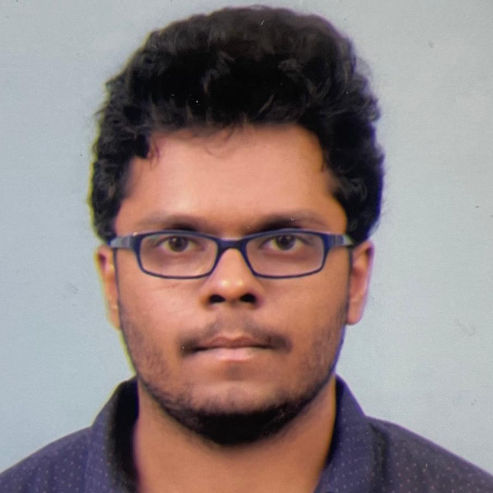
Dr. Bhethala Sharan Prakash
General Physician/ Internal Medicine Specialist
5 Years • MBBS MD
Bengaluru
PRESTIGE SHANTHINIKETAN - SOCIETY CLINIC, Bengaluru

Dr. Abhishek Rathore
Cardiologist and Electrophysiologist
7 Years • MBBS, MD (Gen. Medicine), DM ( Cardiology ), Post-Doctoral Fellowship in Cardiac Electrophysiology.
Indore
Apollo Hospitals Vijay Nagar, Indore
Consult Top Cardiologists
Dr. Praveen Jaiswal
Cardiologist
17 Years • MD(Medicine), DM(Cardiology)
Indore
Apollo Hospitals Vijay Nagar, Indore

Dr. Anand Ravi
General Physician
2 Years • MBBS
Bengaluru
PRESTIGE SHANTHINIKETAN - SOCIETY CLINIC, Bengaluru

Dr. Sumanjita Bora
Cardiologist
9 Years • MBBS, PGDCC
Bengaluru
Apollo Clinic, Sarjapur Road, Bengaluru

Dr. Bhethala Sharan Prakash
General Physician/ Internal Medicine Specialist
5 Years • MBBS MD
Bengaluru
PRESTIGE SHANTHINIKETAN - SOCIETY CLINIC, Bengaluru

Dr. Abhishek Rathore
Cardiologist and Electrophysiologist
7 Years • MBBS, MD (Gen. Medicine), DM ( Cardiology ), Post-Doctoral Fellowship in Cardiac Electrophysiology.
Indore
Apollo Hospitals Vijay Nagar, Indore
